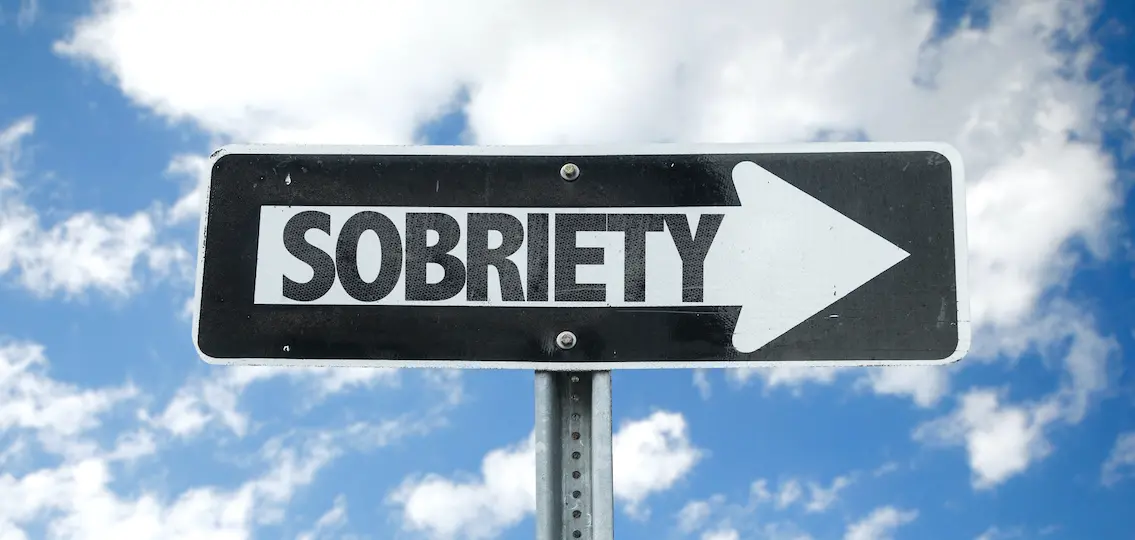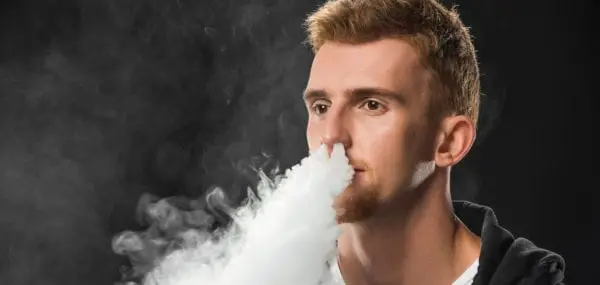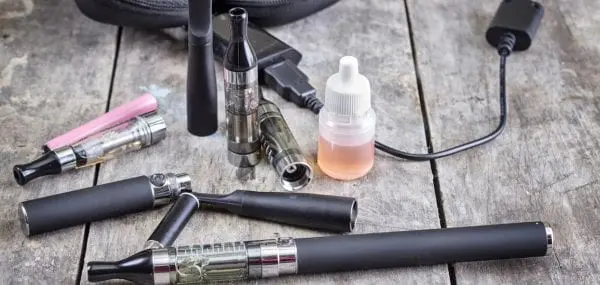What happens when a teen feels one way about a particular issue or problem and the parent has a very different take? At Your Teen, we understand that sometimes you need to look at a problem from multiple perspectives. It can also be helpful to hear from a neutral third party. That’s when we bring in a parenting expert to provide additional insight. In this situation, a mother and daughter share how they’ve coped with the mother’s alcohol issues and sobriety.
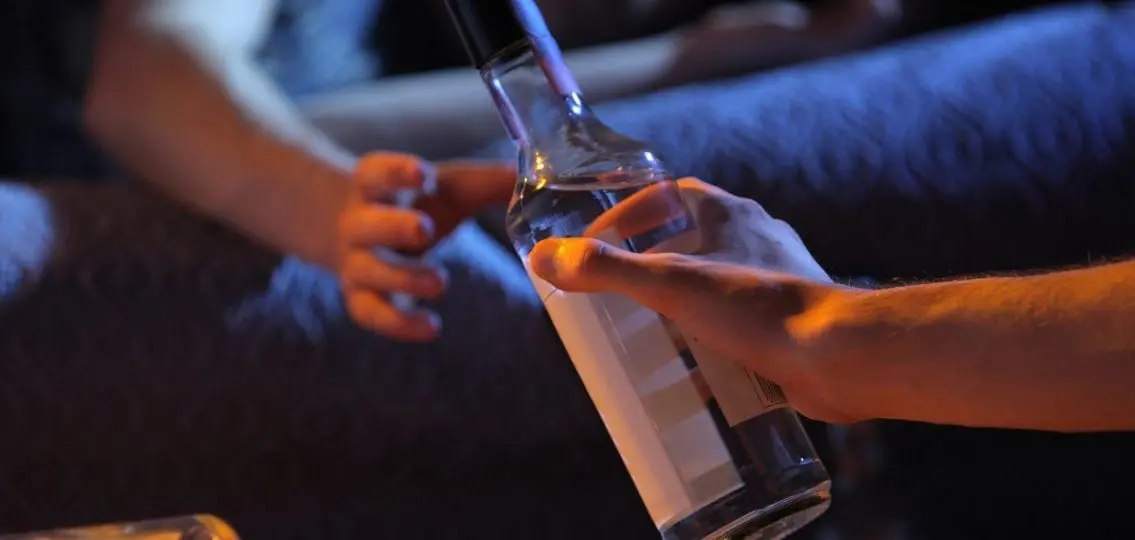
TEEN | Tacy Marsh
My mom has been sober for seven years now, and I am so proud of the journey she is on. I am too young to remember when she wasn’t sober. But I can tell how important her sobriety is to her, through her pride and thankfulness. I’m grateful that she chose sobriety. Not because her drinking negatively affected me, but because I can see how sobriety has positively affected her.
Having my mom as a role model has also been a good influence in my life. Some people in my life drink until they’re unconscious.
But because of my mom, I see that you can enjoy yourself just as much without alcohol.
When my mom decided to stop drinking alcohol, I was only 8. So I don’t fully remember life when she wasn’t sober. However, I don’t think it is all about my personal memories of her drinking. I have heard stories of her drinking when she was younger. And I see she is a different person now that she doesn’t.
I can see how alcohol has affected her life. She recently had to have tooth surgery because of a time years ago that she was drunk and fell and knocked her tooth out. It helps me realize that drinking can go too far, and it’s all up to you to recognize it in your life and change for the better.
My world can be filled with peers making bad choices around me. I don’t go a week without hearing about someone else getting drunk. It’s hard to concentrate on swimming and school with many people around me making bad choices.
However, it’s been helpful to have my mom as an example of someone who still maintains her friendships and has all sorts of other accomplishments in her life—all without alcohol. It shows me that I can still have friends and do fun things without drinking. Ultimately, I can still reach all of my goals, too. It’s inspiring to see someone who recognized a problem in their life, took the initiative to solve it, and has continued to stay proactive in their solution.
Tacy Marsh is a high school sophomore, a competitive swimmer, and a passable tennis player who spends her days wishing she got more sleep. She strives to make good choices as she excels in school in pursuit of her goal of going to college in a place where it rains a lot.
PARENT | Julie Marsh
Last November, I celebrated seven years of sobriety. In fact, November is nearly the only time of year that I think about being sober. Because I don’t follow a program or attend meetings, I’m rarely confronted with my choice not to drink. When I go to parties with friends or out to dinner with my husband, my sobriety is a non-issue. I’m not even the default designated driver.
Thinking about my past drinking brings up uncomfortable memories. This isn’t unusual; remembering the reasons we stopped drinking is key to remaining sober for many alcoholics. However, it’s not helpful for me. I attended one meeting shortly after my first anniversary of not drinking. I left the meeting feeling worse than I’d ever felt the whole year prior. Though it helps many people, I’m better served by looking ahead, not back.
In those early months of sobriety, close friends asked me why I stopped drinking.
They were curious because nothing in my life seemed amiss. I was fortunate that my drinking never had legal, financial, or marital consequences, but that’s only because I stopped before my luck ran out.
Or so I thought. Because when I read my daughter’s companion piece to this essay, I realized my drinking did have consequences that have affected me intermittently over the years.
In the early 1990s, I was away at college, and like many college students, I binge drank. One October night I fell, and I didn’t have the presence of mind or reaction time to break my fall. My left front tooth took the brunt of the impact, and snapped near the gum line. I can still feel my left hand jammed in my mouth as I held what was left of my tooth in place.
It’s been more than 25 years since that accident. I’ve had a root canal and three different crowns cemented in place. Two years ago, my most recent crown came loose, and my dentist warned me that its days were numbered. When I returned to her again late last year, it was time to begin consultations for an implant. I’m typing now with a temporary tooth in place while the implant heals for the next three months. My bank account might take a while longer to recover.
Perhaps it’s my tooth, which was only mine for less than a third of my life. But it reminds me every time I look in the mirror that remaining sober is my only option.
Because the consequences of my drinking stare me in the face daily, that’s all I need to remind me that I don’t want to return to that phase of my life.
Instead, I think about how glad I am to wake up feeling good every morning. I can safely drive my kids to and from evening activities. I talk with them openly about the reasons not to drink while they’re young, and the reasons to drink in moderation once they’re of legal age.
My kids don’t remember much of my drinking days, but maybe my ongoing dental disaster will help them understand the seriousness of alcohol problems. If my broken tooth can serve as a deterrent to drinking, it will make all the pain and expense worthwhile.
Julie Marsh is a project manager, a digital marketer, and a parent of three who spends her days figuring out how to get stuff done as efficiently and effectively as possible. She cares deeply about global health, clean bathrooms, and the proper use of apostrophes.
EXPERT | Keith Klostermann, Ph.D.
Julie and Tacy’s stories are incredibly powerful and speak to their individual strength and resiliency and to the value in addressing alcohol-use problems.
What if Julie hadn’t gotten help? The effect of a parent’s alcohol misuse on the family can be devastating. Approximately 7.5 million U.S. children (i.e., 1 in 10) live with a parent with an alcohol-use disorder. A large and growing body of research indicates that children of parents who abuse alcohol are at risk for developing emotional, behavioral, and social problems.
In addition, impaired family dynamics are more likely to lead to alcohol use disorders for children when they reach adulthood. With many teens experimenting with alcohol, the effects on the next generation’s patterns of alcohol use may crop up sooner than parents expect.
It is difficult to admit a problem. Sometimes the parent’s motivation to finally seek change is to be a role model for their own children.
Julie may not have realized it at first, but quitting drinking has had positive effects on her daughter, even years into her sobriety.
Tacy clearly admires her mom’s toughness and her example of a healthy, full life without drinking.
Whether or not a parent with an alcohol problem gets help, it is important that family members seek their own treatment during what can often be a very difficult and complicated time.
Alateen, a part of the Al-Anon Family Groups, is a fellowship of young people (mostly teenagers) whose lives have been affected by someone else’s drinking. Alateen is free and secular and provides a space for teens to meet other teens with similar situations.
A family physician may also be able to work with the family to help encourage treatment.
Many adolescents may act like they don’t need attention from their parents. But this is a critical period in their development when they do need guidance. Sadly, a person with an alcohol-use disorder is often barely able to maintain him or herself, much less take care of a child.
Moreover, alcohol-misusing parents may not understand the impact on their children. As Julie noted, she didn’t fully realize the consequences of her drinking until she read her daughter’s essay. It is critical that children and adolescents seek help and try to alleviate the damaging effects of parental alcohol misuse: in other words, to break the cycle.
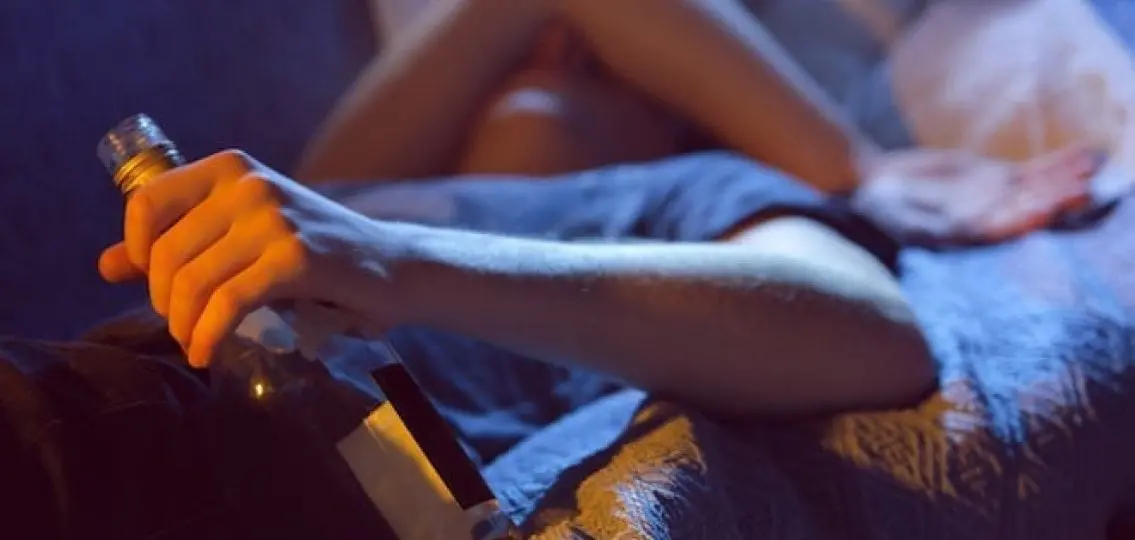
Julie and Tacy are an example of how this can be done, and how a history of alcohol misuse can become a positive, impactful opportunity to speak openly with children about the dangers of underage drinking, as well as the importance of drinking responsibly when reaching the legal drinking age.
